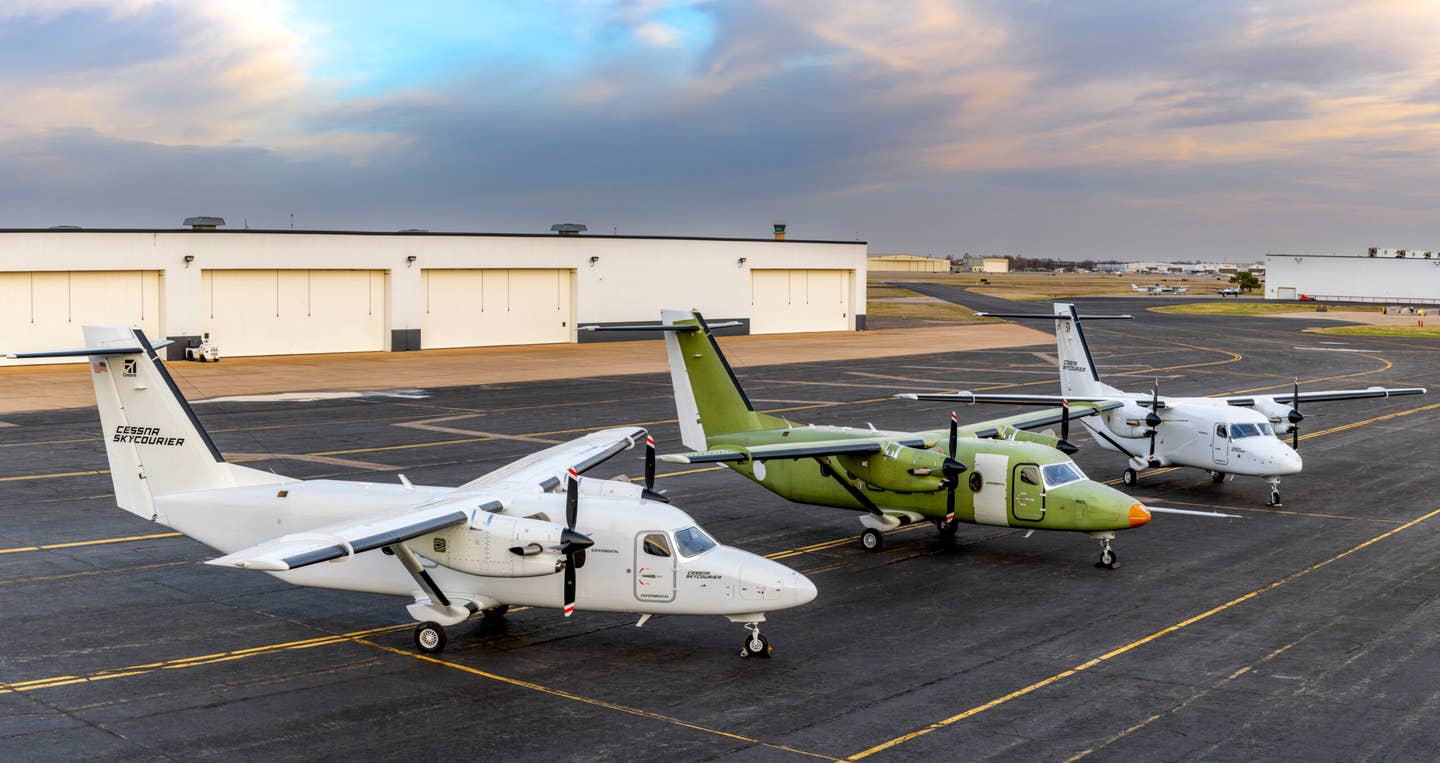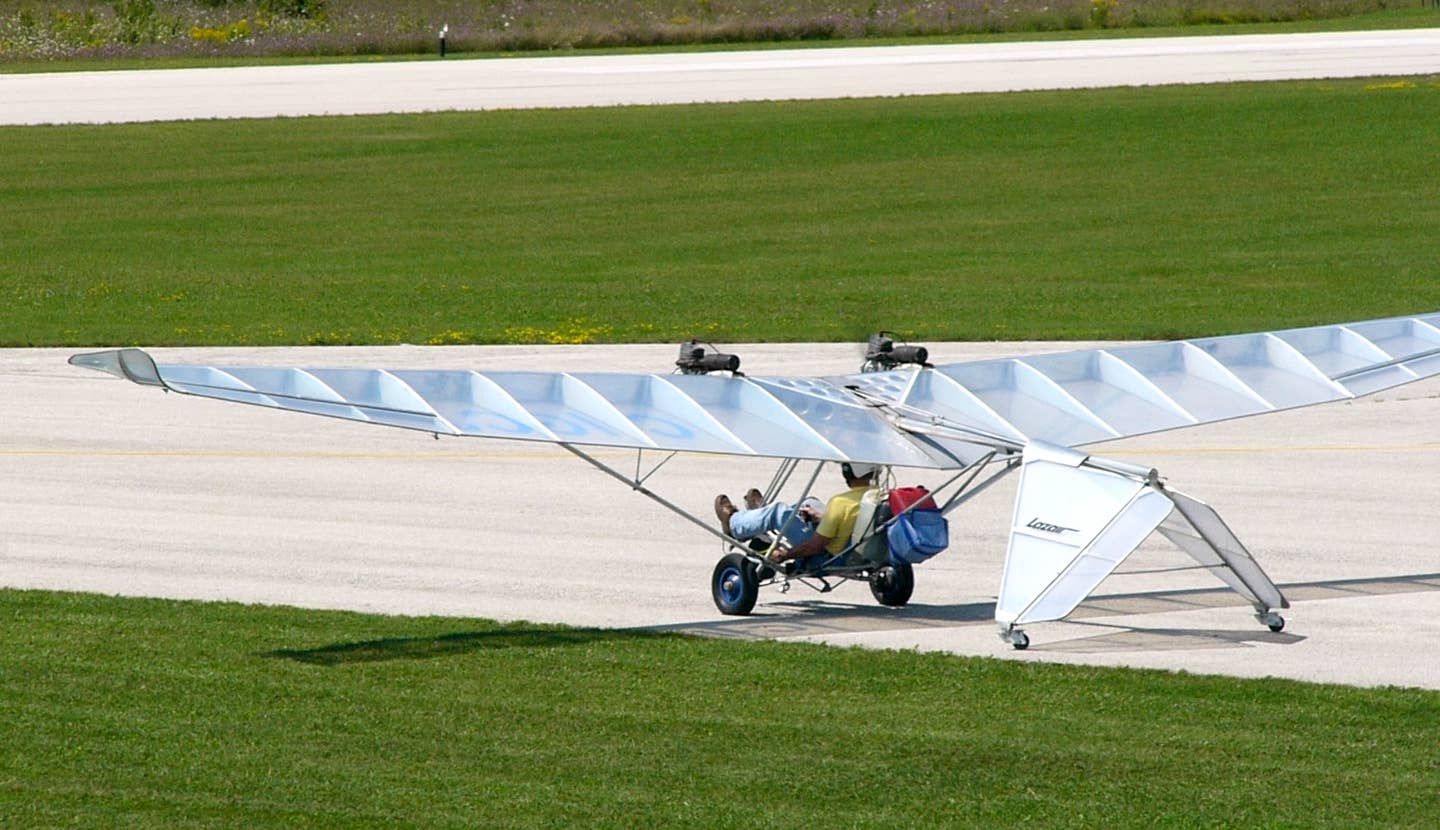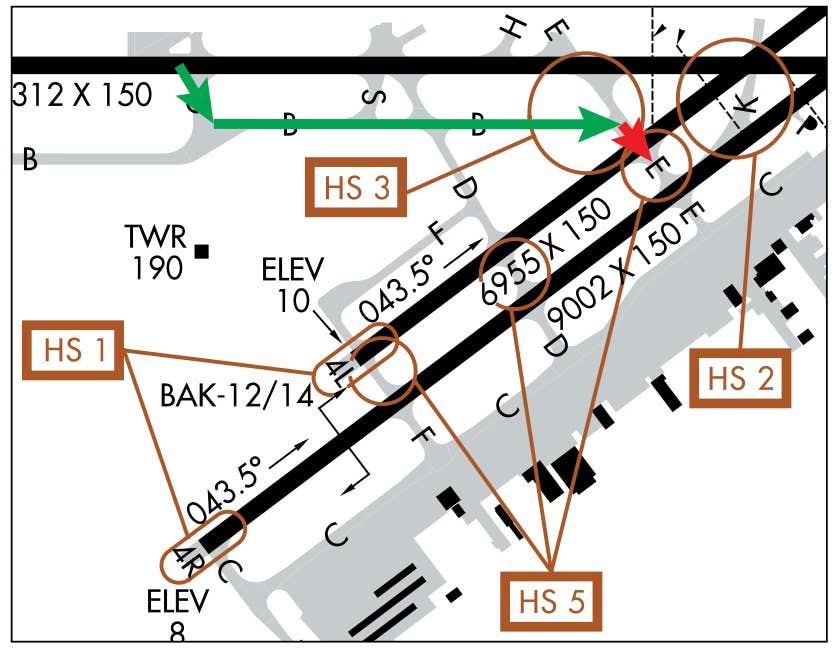Top Letters And Comments, April 9, 2021
This week’s letters brought comments from readers about the Cessna SkyCourier, the new ICARUS Smart Hood and the future of hydrogen in aviation.

Cessna’s Perfect Timing On The SkyCourier
I like the SkyCourier. It strikes me as being “very Cessna”. Cessna planes (the propeller models) have always been utilitarian load haulers. While the Comanche pilots pontificate on speed, and the Bonanza owners brags luxury and control feel, while the Mooney has efficiency … the Cessna pilots talk useful load and short field capability. The 408 seems to come directly from that DNA. Strut-braced wing. Fixed gear. Probably hell built for stout with uncomplicated systems that just work well. Yes, it is square and boxy looking. It does a job. So I’m with you, Paul. I think it will be a hit. I think it will sit proudly next to the Caravan and the 206 in the lineup. I predict that we will see the 408 operating on floats and even skis sooner rather than later. Like a miniature Hercules.
David Bunin
I have excitedly followed the SkyCourier development. If form follows function, then this is a beautiful airplane – just so many good design decisions. The metal construction and PT-6 engines means it can be serviced anywhere in the world. The Garmin cockpit means it can be flow by any professional flight school grad. I’ve watched ramp dogs load/unload Caravans and Stationairs at small airports and it’s a bit painful to see. This plane so obviously solves that problem that it’s beautiful. With the growth in small- and mid-sized cargo markets, a LOT more places can get overnight shipping service. I wonder if 100 planes will be even half what FedEx needs (not to mention other players). It must be fun sitting working on any FedEx/Cessna team and discussing “how do we want to revolutionize the cargo game, again?”
Jeffrey S.
ICARUS Smart Hood: Virtual IMC
I was able to take part in a demo of this device and was impressed with how well it simulates the transitions into and out of IMC. It’s a surprise when the CFII sets different visibility levels like you’re going in and out of clouds and haze for realistic scenarios, a feeling you don’t get with the hood or glasses.
Jason O.
They need to get the cost down to $150 to make this viable. I hope someone is advising them that this is a small product that fits in the company’s portfolio. It’s one thing to sell a couple of dozen to higher-end flight schools at $1000. It’s quite another to be listed with Sporty’s or Aircraft Spruce and sell hundreds. Either way, it’s not a product that will support multiple full-time people for any length of time. It’s not a “pain-killer” but is a “great-to-have.” I love the product and wish them the best of luck!
Mark Travis
Poll: Is Hydrogen the Future of Aviation?
- If electric airplanes, carrying humans and other heavy stuff, ever become much more than a science experiment, hydrogen fuel cells will be the reason why. Chemical batteries have a weight-to-power ratio that makes them ridiculously unsuitable for much real-world aviation use, while hydrogen is lighter than air and packs a lot more energy in the same volume. It also has the potential to be much “greener” than batteries will ever be. There’s a lot more work to be done and infrastructure to be developed, but I’d put my money on hydrogen fuel cell electric aircraft revolutionizing the industry. I think battery electric planes will have niche markets for things like primary flight training and short-haul package delivery (by drone) but are unlikely to be hauling passengers across the Atlantic. - David Troup
- Mobile hydrogen power (airborne or otherwise) has no engineering or scientific merit, it’s a political and venture-capital pipe-dream. - Daniel Pauls
- The European Union (EU) published its first report on cryoplanes in 2003. A second study followed in 2020. Researchers at Penn State made similar proposals beginning in 2006. The main obstacle isn’t utility or cost-effectiveness but aircraft safety. Despite advances design, the risk of flammability remains high, just as it was when the Hindenburg exploded, in 1937. One disaster would shutter the whole industry. Worse yet, it would abruptly end efforts to curb pollution (CO2 emissions). The choice is not between (e.g.) high performance and fuel economy, operating expenses vs. anticipated revenues, or flying range vs. cargo and/or passenger capacity. It’s between life and death–or between fast death (fatal crash) and slow death (ecocide). The answer (if any) may lie in a third alternative–lasers. May the beam be aimed at the brain. - Dennis Rohatyn
- The amount of energy required to create hydrogen fuels far exceeds the amount of energy it produces. So, it will only hold a very small niche as a useful fuel in aviation. Definitely not a market-based solution.
- It is a great idea, but volumetric energy density is low, and unless it is produced from non-hydrocarbon or non-nuclear sources, the overall carbon footprint might not be much different.
- Battery tech will overcome its advantages.
- A crash would equal a large explosion. The attorneys will make a lot of money and kill the use of hydrogen in the air.
- Can’t even get 100 unleaded.
- One of several potential possibilities.
- It depends on what form it’s stored in. High pressure gas is a non-starter for aircraft.
- No, too expensive and difficult to store.
- Bizjet-class maybe, 4-seat aircraft not likely. I don't see such technology affordable.
- I don’t think the energy density is currently plausible for hydrogen.
- Yes, definitely.
- I think with the electric motor and the hydrogen fuel cell would be a great step forward.
- Large, scheduled aircraft (e.g. airliners), yes. Small, unscheduled, no.
- Not until they can produce it cheaply from something other than petroleum.
- Can you say Hindenburg?
- If we can source hydrogen from clean source.
- Who wants to be sitting on an H bomb? It still is a fossil production and problem.
- Due to the energy consumed in extracting hydrogen, it will only be worth doing if we already have cheap, clean, and abundant energy. Which today, we do not.
- I hope not.
- No. It is electric propulsion.
- Hydrogen has the energy density we need. If we can make it work, it will be hugely beneficial. But, the tanks are still way too heavy.
- Liquid hydrocarbon fuels are the future of aviation. But they need to be manufactured sustainable fuels, not dug out of the ground.
- The saying has been for years, hydrogen is the future of energy, and it always will be.
- Perhaps for charging batteries while they are on the ground.
- Certainly is possible.
- It won't work--too hard to store and transport.
- Does the name Hindenburg ring a bell?
- Hydrocarbons have been and will continue to be a part of aviation.
- Unrealistic...
- Not in 100 years.
- It is a political answer for CO emissions and will be force fed to the aviation fleet at whatever the cost.
- Fuel is fuel. As long as it is available, high energy:mass ratio, cheap, safe, who cares?
- Sounds like a lot of methane to me.






